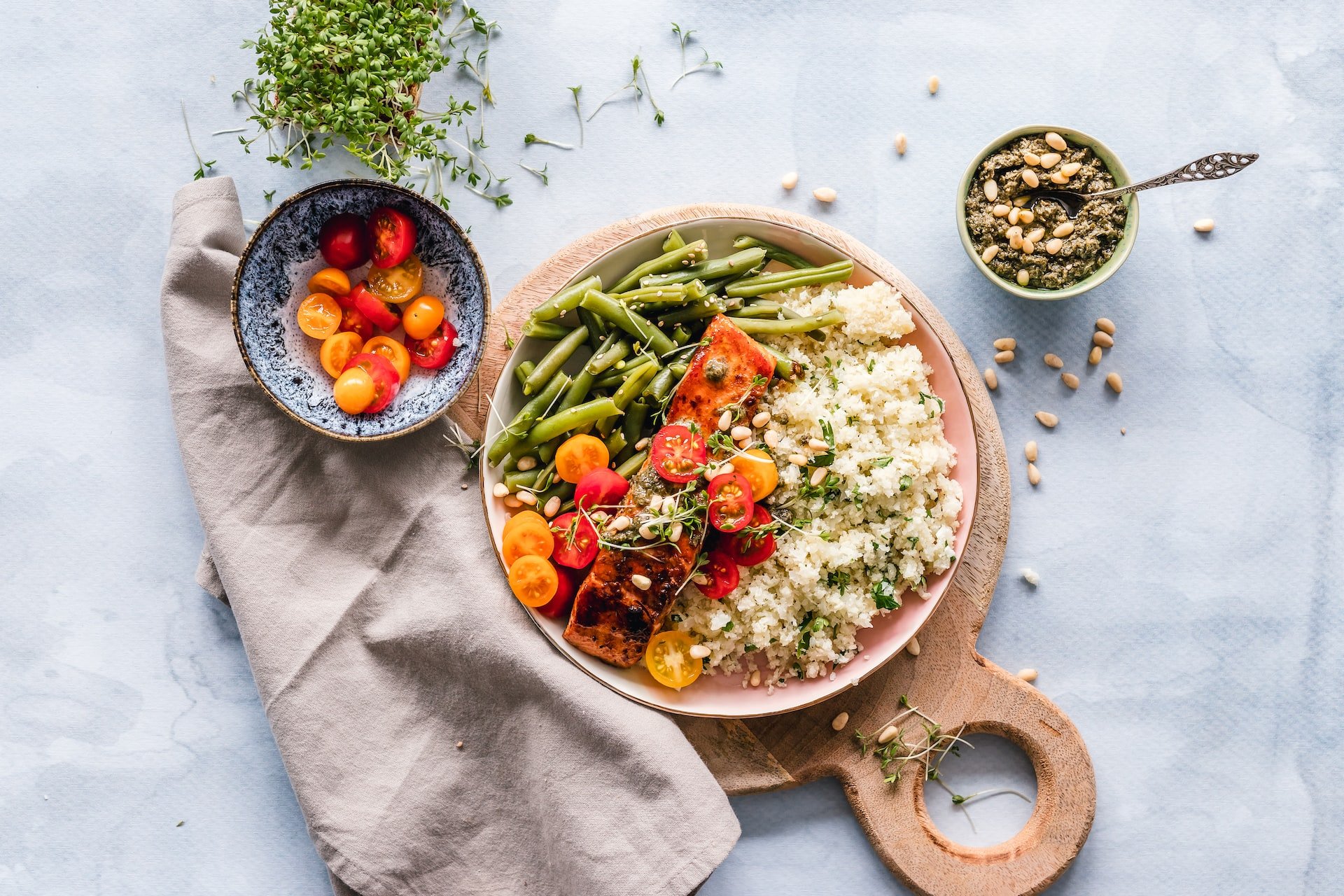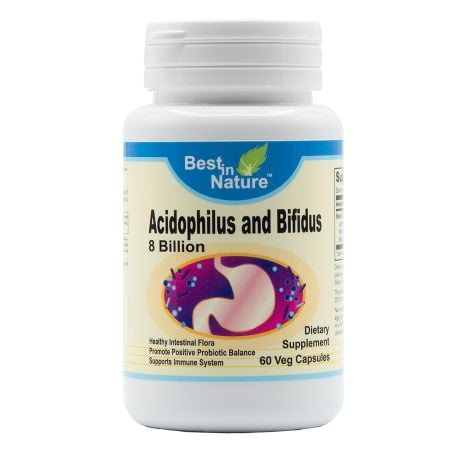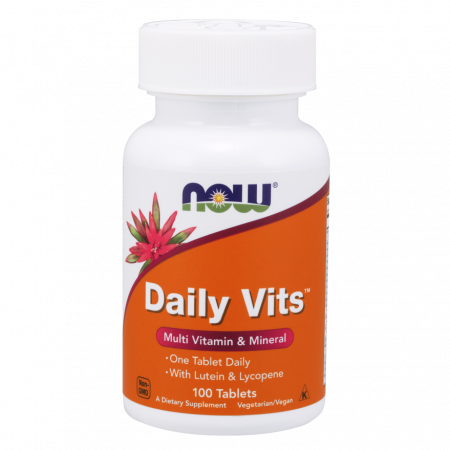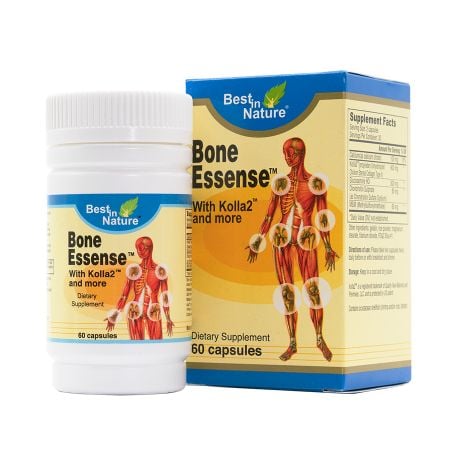
Natural, organic, KETO, paleo; we’re hearing more about health and wellness than ever before so we should be as healthy as ever too right? It might not surprise you too much to find out that many still struggle with health despite this. In fact, millennials are actually unhealthier than their preceding generation.
What does this mean?
Left unchecked, an unhealthy diet and lifestyle can lead to diabetes, heart disease, hypertension, and other illnesses. Stress, finances, and other factors make health and wellness seem like a luxury that most people can’t afford to think about. We’re thrilled to say that there are many small things you can do that will boost your health exponentially while costing you very little.
Daily Habits for Health and Wellness
1. Get Outside and Get Active
The CDC recommends 150 minutes of physical activity each week. The most manageable approach is to get about 30 minutes of exercise per day. Don’t feel intimidated by fitness influencers or Crossfit aficionados. Some exercise is better than none. And the most important part is to warm up, practice good form, and exercise safely.
Don’t have a gym membership? You can get exercise outside and get the benefit of Vitamin D which is needed for bone health and immune function.
2. Track Your Fitness
![]()
The most important part of exercise is to start. But once you get rolling you’ll want to make sure you’re getting enough and maybe even track the quality of your exercise.
Have a smartwatch? Great news! You have a fitness tracker to help track your daily steps, heart rate and sleep quality. If you don’t have a smartwatch, a fitness tracking app can help you track your exercise as well as log dietary information and set goals.
3. Find a Way to Destress
Unchecked stress can lead to headaches, fatigue, trouble sleeping, chest pain and even decreased libido. Fortunately, there are many ways to destress such as meditation, listening to music, or engaging in your creativity.
For some, the causes of stress may be more structural such as work-life balance, family commitments, or school. In these cases, one can take steps toward a destressing strategy such as looking for a new job, or trading responsibilities within the household.
4. Stay Hydrated Throughout the Day
The body is 60% water which shouldn’t be hard to believe given that water is needed to move nutrients between your cells and your body, regulate body temperature through sweating, and lubricate our joints. The body also uses and loses water through sweat, waste and even breathing.
When hydrating, we recommend avoiding sugary drinks and opting for water instead. However, you don’t have to rely on water alone for hydration. A lot of your hydration needs can be met through the foods you eat, particularly fruits and vegetables.
Check out our recent blog for signs that you may be dehydrated.
5. Schedule Your Appointments

Many people are reactive with their health with 72 percent of men saying they would rather do household chores than visit the doctor and even fewer people scheduling regular checkups since the onset of the COVID pandemic. As we’ve previously said though, an ounce of prevention is worth a pound of cure. It is infinitely more valuable for your overall health to schedule yearly dentist appointments, eye exams, and checkups to catch the potential signs of illness and be proactive.
6. Make Time for Friends and Family
This is one that’s not as well-emphasized when discussing health because it’s been harder to quantify. Research has suggested that relationships with friends and family are just as important to your health as diet and exercise.
A study by Harvard Women’s Health found that people with strong social ties experienced better physical and mental health and even lived longer. The data also suggest that the opposite is true with those lacking social ties at 50% greater risk of premature death.
7. Pick up a Hobby
Hobbies are an excellent way to destress and be creative. Don’t avoid a hobby just because you aren’t already good at it. They’re for you to enjoy not to win a competition.
Learning new things can get your brain working in new ways and might even help to forge new neural pathways. Our favorites include: Playing an instrument, mobile phone photography, painting, knitting, reading, exercise, or meditation.
8. Practice Gratitude

In the age of the hustle, we’re often thinking about our goals and things we don’t have but taking a little time each day to reflect on what we already have can improve our mood and mental well-being.
Don’t let the perfect be the enemy of the good here. Being thankful for even small wins, achievements or possessions will benefit your mental health. Consider keeping a gratitude journal since writing can help you retain information and engage with your thoughts in a different way.
9. Listen to Music
If you begin to feel overwhelmed by the stresses of the day, try listening to music. Research conducted by Johns Hopkins found that music has many positive health benefits,
It can reduce anxiety, lower blood pressure, and improve sleep quality. listening to a familiar song can even help with memory recall. Listening to music while working might help you manage stress but music before bed may decrease sleep quality.
10. Practice Good Posture
In the age of “tech neck” and working from home, practicing and emphasizing good posture is more important than ever. Many overuse or age-related conditions can be prevented or dampened with good posture.
Having good posture can also reduce or prevent headaches, decrease tension in the neck and shoulders and reduce the wear and tear on our joints. Check out the Mayo Clinic’s guide on practicing good posture.
Diet Tips
11. Have a Cup of (black) Coffee
Many people avoid it but coffee has numerous health benefits. Coffee, as a stimulant, can increase energy levels and may lower depression risk. Other compounds in coffee have been shown to support heart, liver, and blood sugar health. It’s even been shown to increase longevity.
All that being said, it’s best to have your coffee black. Sugary syrups and fattening creamers can cancel out the health benefits you might get from coffee.
12. Minimize Your Sugar Intake
Excessive sugar intake can lead to higher blood pressure, inflammation, weight gain, diabetes, and fatty liver disease. Avoiding added sugars or minimizing intake can require a little extra thought. Sugar comes in a few forms; sucrose, glucose, dextrose, fructose, corn syrup, or hydrolyzed starch are all sugars!
This isn’t just a situation with foods that we think of as sweets or desserts either. Canned pasta sauce, canned fruit, granola bars, ketchup, salad dressing, and many other processed foods contain multiple grams of added sugar.
13. Eat Good Quality Protein
Protein as many of us already know provides us the raw materials we need to build new cells and tissues making it especially important for exercise recovery.
This macronutrient is also important for its role in weight management. Taking in a greater proportion of protein vs fats and sugars can help you to feel satiated and resist poor dietary choices.
Generally, lean proteins like chicken and tilapia are emphasized for their low fat and high protein content. Nuts and fatty fish still have many benefits even though they're a little higher in fat. The Omega-3 content in fatty fish has been found to go some way in preventing heart disease. Nuts and seeds provide fiber and a variety of vitamins and minerals. A low intake of nuts and seeds has even shown correlation with heart disease and stroke.
14. Fruits and Vegetables
Data from the CDC show that only 12.3 percent of Americans met their recommended intake of fruit, and 10 percent met their recommended intake of vegetables. This means one of the most important things most Americans can do for their health is to eat their recommended amount of fruits and vegetables.
Vegetables and fruits are loaded with prebiotic fiber, vitamins, minerals, and antioxidants. As a result, studies show that those who eat more vegetables and fruits tend to live longer and are at a lower risk for heart disease, obesity, and other illnesses.
15. Get Your Essential Vitamins
Vitamins and minerals are essential for immune function, bone health, energy production, and many other vital processes. However, many of us can have trouble getting the recommended amounts of vitamins and minerals even with the most carefully-planned diets. Consider a multivitamin to fill in gaps or more specific supplements as recommended by your doctor.
Did you know that different vitamins work better at different times of day or depending on whether you’ve eaten? Here’s a handy to guide to getting the most from your vitamin supplement by taking them at the specific right time.
16. Take Care of Your Gut Health
Consider that every nutrient your body takes in needs to pass through your gut. It’s easy to see why good gut health is related to brain health, heart health, and immune function (70% of your immune system lives in your gut!).
There are tons of tasty gut-healthy foods to work into your diet such as yogurt, kefir, sauerkraut, miso, and oatmeal. The main qualities that make foods gut healthy is the prevalence of probiotic bacterial strains, prebiotic fiber, and digestive enzymes. We also offer supplements for those who have trouble working enough of these into their diet.
17. Herbs and Spices
Many cultures around the world have used herbs and spices primarily for their health benefits. (Did you know garlic was used medicinally before it was used for its flavor?) Working a variety of healthy herbs and spices into your diet can be a big boost for your overall health.
- Fenugreek and cinnamon contribute to healthier blood sugar levels.
- Sage can improve memory and brain function.
- Holy basil is antimicrobial and immune boosting.
- Turmeric and ginger are anti-inflammatory and bursting with antioxidants.
Workplace Wellness Tips
The workplace is where we spend many hours doing similar things and making similar movements. Unfortunately, this can have negative health consequences. Here are a few important tips for better health in the workplace.
18. Take Frequent Eye Breaks

In the age of smartphones and remote work, we need to concentrate on screens and small text throughout the day straining our eyes. So it’s important to take frequent eye breaks.
Try the 20-20-20 rule: every twenty minutes, look at an object across the room that’s twenty feet away for twenty seconds.
Also, be gentle with your eyes. Avoid rubbing them and use artificial tears if they get especially dry.
Check out our previous blog for more eye-wellness tips.
19. Stand Up Often While Working
Knowledge workers spend the vast majority or even the entire 8+ hour workday sitting. Excessive sitting has been linked to obesity, increased blood pressure, high blood sugar, and unhealthy cholesterol levels.
Aim to stand up every 25 - 30 minutes while working. Do some stretches, take a walk around the office, or put your standing desk in the raised position for a while.
20. Snack Healthy

A healthy chunk of our day is spent in the workplace so the urge to reach for a snack now and then is inevitable.
With just a little preparation, you can have a healthy brain-boosting snack within reach once you’re feeling a bit peckish. Unlike with ultra-processed foods, you won’t be as tempted to overeat and wreck your diet. Here’s a full list of brain food snacks for your next work day. Our favorite is veggies and hummus.
Health and Wellness Tips for Before Bed
We’ve previously covered the importance of getting enough sleep. Your body needs this time to work to rebuild muscles, remove toxins, and solidify your memories. being sleep-deprived for only a single night can increase your negative emotions and emotional responses by as much as 60%. These tips will help put you in a better place to get a restful night's sleep.
21. Journal
Journaling can provide a bit of time for self-reflection and self-evaluation before bed. In at least one study, journaling was shown to decrease stress, while increasing sleep time and sleep quality.
22. Read Books

Reading is an excellent way to stimulate your brain without looking at a screen. It’s also a nice relaxing way to wind down from the day and it’s even been shown that reading can help you to fall asleep faster. A study in 2021 found that 42 percent of those who read felt their sleep improved vs the group who didn't read before bed.
23. Limit Screen Time
We all love our smartphones to the extent that they feel like part of our bodies. But looking at screens, whether it’s a smartphone, tablet, laptop, or tv, can make it harder to fall asleep and has been shown to reduce sleep quality.
Instead, wind down by reading a book, journaling, or meditating.
Bottom Line
Don’t treat good health like a luxury. Many small and inexpensive steps will have a hugely positive impact on your health and quality of life. Whether you’re struggling with diet, work, or sleep this blog should provide a few ideas to help you out.
This article is provided for informational purposes only and is not intended to be used as medical advice. If you have immediate concerns about your health, please seek the help of your physician.
*These statements have not been evaluated by the Food and Drug Administration. This product is not intended to diagnose, treat, cure or prevent disease.
© 2022 Best in Nature All rights reserved







Validate your login
Sign In
Create New Account